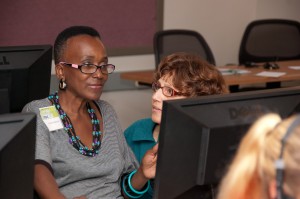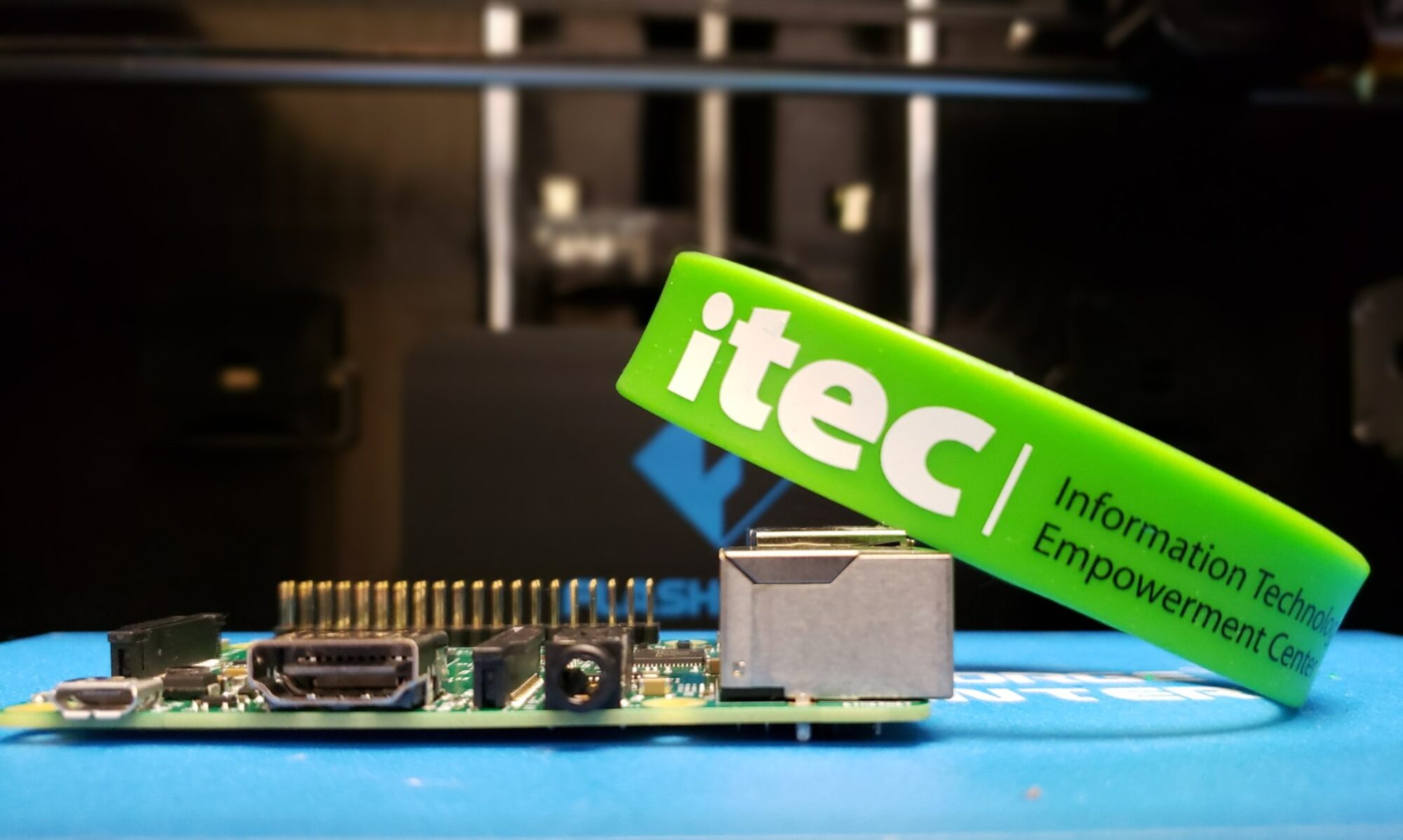Through after school programs, workshops, and summer camps, ITEC engages youth in a variety of technology-based activities designed to enhance performance in science, technology, engineering, and mathematics (STEM), as well as improve reading and digital writing skills.
These activities are consistent with research indicating that computer technology facilitates learning and performance when it supports the four fundamentals of learning:
- Active Engagement
- Participation in Groups
- Frequent Interaction and Feedback
- Connections to Real-World Contexts
Why STEM Skills are Needed

Math, science, and technological skills are a prerequisite for success in the 21st century.
Due to a decline in recent years of students entering technological fields, public and private institutions must find creative ways to prepare today’s youth for technological careers in the future.
Despite near universal access to the Internet at school, a digital divide based on race and income in home Internet access remains. African American youth and youth whose parents have lower income are less likely to have home Internet access than other youth (Jackson, Ervin, Gardner & Schmitt, 2001b; Hoffman, Novak & Schlosser, 2001; PEW, 2006e). Because these disparities are based primarily on income, their overall effect is that lower income students have fewer opportunities, amplifying existing disparities in digital skills and literacy, which contributes to even wider disparities in income (Van Dijk, 2005). ITEC-Lansing will provide access to the digitally divided and engage Lansing youth with a unique approach that uses guided play and experiential learning.
The Greater Lansing Area is lacking in access to wireless Internet connections, particularly in economically disadvantaged regions.
How Lansing Benefits

The IT sector in Lansing provides a wealth of opportunity for economic renewal.
- Help to build Lansing’s reputation as a “high-tech” city by providing opportunities to develop technology and associated media skills.
- Promote local access to computers and high-speed Internet in neighborhoods with very low current access.
- Increase enthusiasm for and participation in STEM disciplines.
- Expand access to technology for Capital Region and Lansing School District students and families.
- Enrich community, economic, and family life for the Lansing School District, and other Capital-region districts, students, and families.
- Promote synergy among private and public institutions in the Capital Region.

